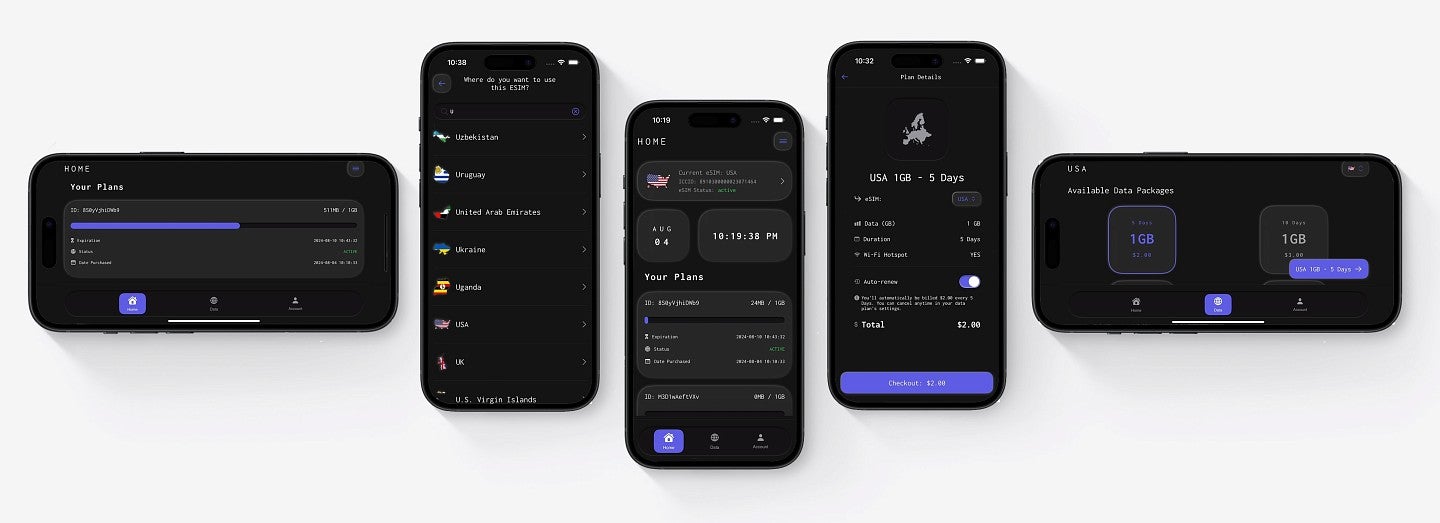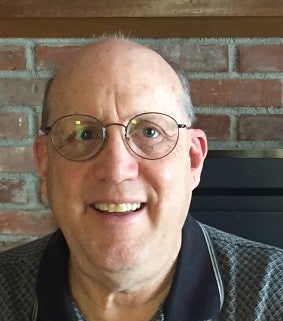
In a course where innovation meets real-world challenges, three computer science students took their classroom project beyond the grade book and put it into the hands of global travelers.
Over the summer, computer science majors Adrian Heider, Raj Gill and Manu Shukla developed and launched a fully functional app: Constella, an iOS application aimed at reducing the cost of international phone plans.
They developed the app as part of CS 399, a topic-based summer course in which students were asked to identify a problem and then develop a cloud-based product that aims to solve it. The group noticed that international data plans through carriers like T-Mobile and AT&T were unreasonably expensive and put an additional financial burden on students traveling abroad.
“I love to travel, but data is always so expensive,” said Gill, a fourth-year student. “I know someone who spent almost $400 on data in Europe. It shouldn’t be that hard to contact family while abroad.”
Constella makes communication while traveling more affordable through the use of eSIMS. An eSIM is a digital SIM card that's built into a device, allowing it to connect to a mobile network.
“You just tap a button in the app and it installs the eSIM,” said Heider, a post-baccalaureate student. “You basically have global data anywhere in the world.”

Unlike many other classes in the computer science sequence that rely heavily on theory, CS 399 gives students the opportunity to research, analyze and develop their own products with commercial potential. Dennis Miller, a computer science instructor in the College of Arts and Sciences, designed the class in collaboration with Phil Colbert, senior instructor of computer science, to allow students to experience cloud product development from the birth of an idea to its full execution.
“This class is for computer science students to use their training, their education and their skills to build something substantial,” Miller said.
Each week throughout the course, students tackled a different aspect of app development, from the actual coding to looking at copyright laws. Patrick Wade, systems administrator for the Department of Computer Science, and Patrick Mollman from University of Oregon Information Services provided technical support for the class, he added.
“This was the perfect opportunity to create an idea from scratch and see if we could actually get it out in the world,” Heider said.
Heider and Gill credit the course for pushing them beyond what a typical classroom environment allows and encouraging them to explore creative solutions to niche problems.
“Classes like CS 399 encourage you to explore outside of the box,” Heider said. “Something like Constella was really only possible because of CS 399.”
—By Bailey Meyers, College of Arts and Sciences
